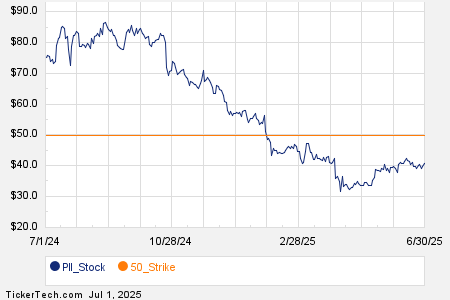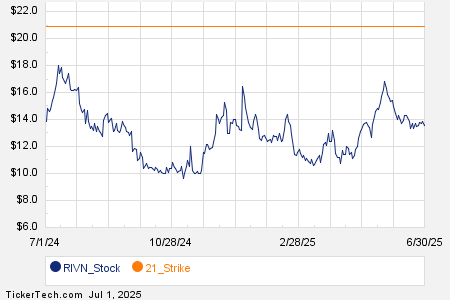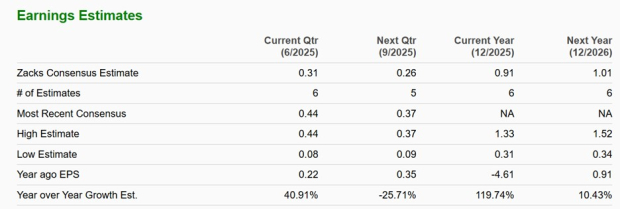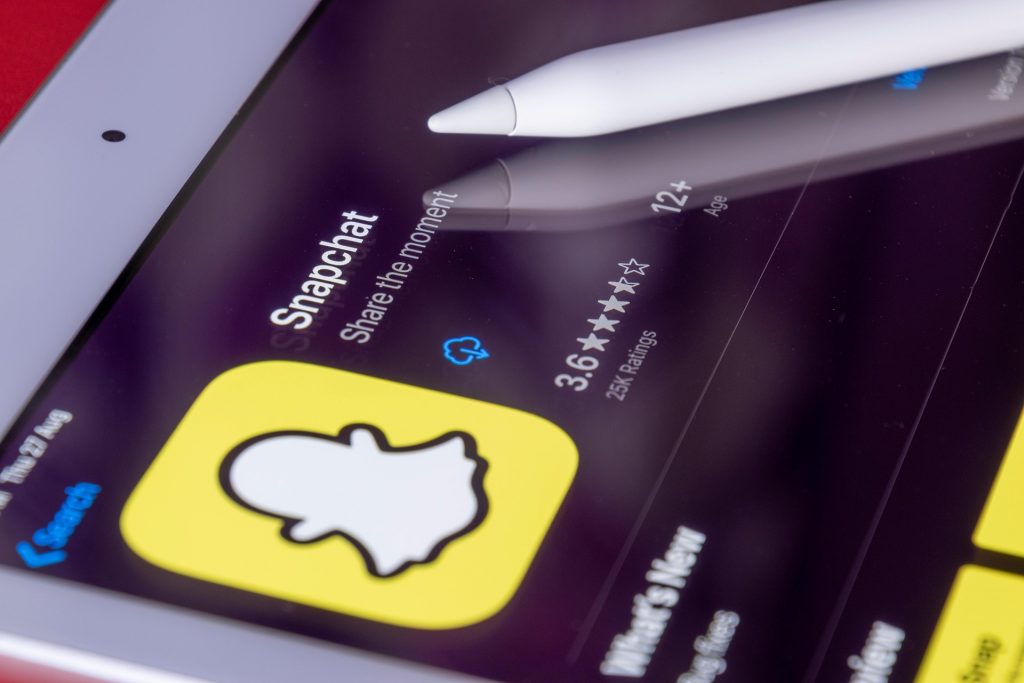
Armastas
Four decades ago, Apple (NASDAQ:AAPL) rocked the tech world by introducing the Macintosh – a trailblazing personal computer that forever changed the industry landscape.
While the Mac’s once-dominant position in Apple’s revenue mix has waned, the celebrated computer remains a symbol of resilience and adaptability in the face of technological evolution.
In 2000, the Mac accounted for a staggering 86% of Apple’s revenue. However, with the subsequent advent of groundbreaking products like the iPod, iPhone, and iPad, the Mac’s share dwindled to a mere 7.7% by fiscal year 2023, eclipsed by the iPhone’s 52.2%.
Despite its decreased revenue contribution, Mac sales have skyrocketed more than fourfold over the past two decades, reaching an impressive $29.4 billion in annual revenue last year, even as Apple’s overall sales surged nearly 50 times during the same period.
During the peak of the COVID-19 pandemic, the Mac experienced a resurgence as remote work and computer upgrades fueled record-breaking sales. However, with the pandemic waning, the Mac has encountered a downturn, with year-over-year revenue declining 31.3%, 7.3%, and 33.8% over the past three quarters, respectively.
Notably, the Mac’s significance from a revenue standpoint has been overshadowed by Apple’s Wearables, Home, and Accessories segment, as indicated by recent quarterly trends.
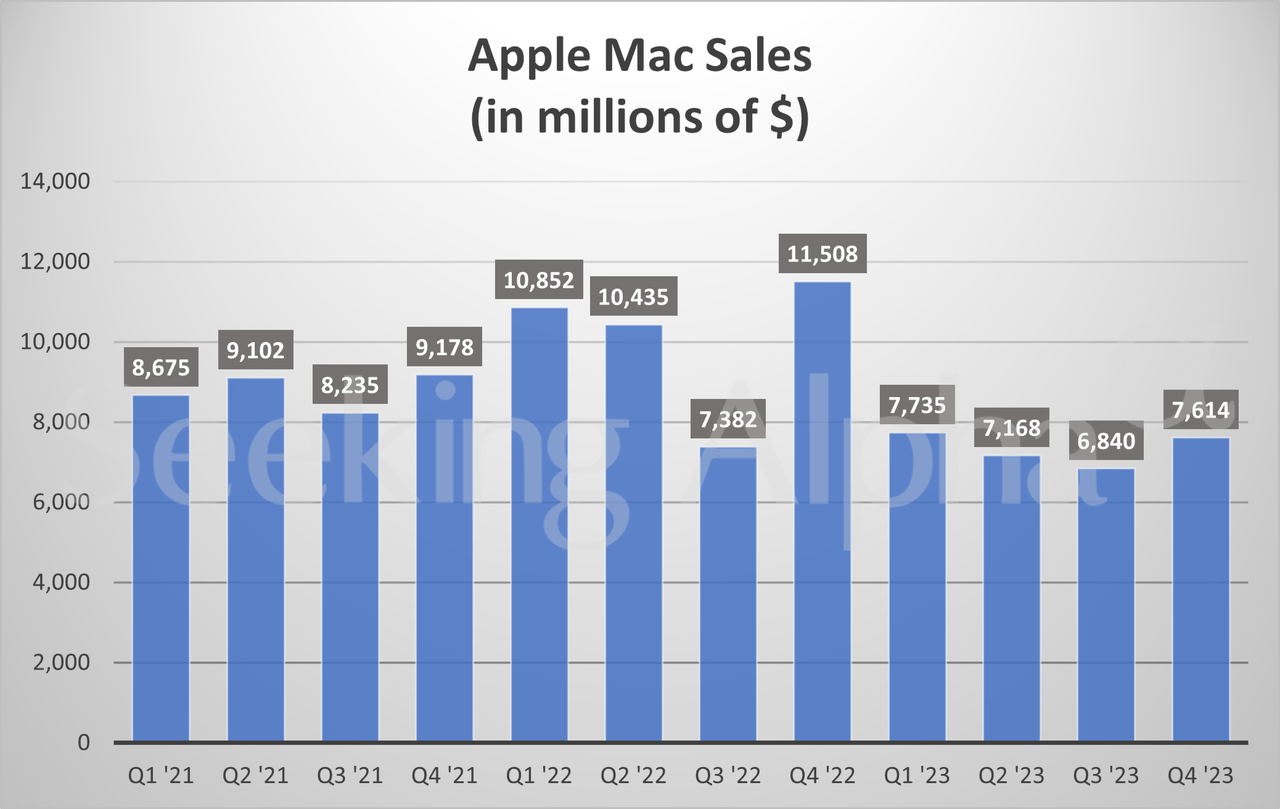
(Credit: Seeking Alpha)
Mac Evolution and Revitalization Efforts
The Mac lineup, which has undergone significant transformation over the past 40 years, now features six models in varied configurations as Apple endeavors to reverse its recent sales slump.
October’s surprise product launch saw Apple unveil new versions of the MacBook Pro with M3 processors and a refreshed iMac desktop, signaling the company’s commitment to reinvigorating the Mac line.
Subsequently, Apple announced further updates to its Mac offerings in January 2023, indicating a sustained focus on bolstering the Mac’s appeal and performance.
During the most recent earnings call, Apple’s CFO Luca Maestri expressed optimism regarding a potential acceleration in Mac sales in the coming quarter, attributing it to the introduction of new products and a broader resurgence in the PC industry, echoing positive results from Dell (DELL) and HP (HPQ).
Moreover, Apple’s Chief Executive Tim Cook emphasized the continued importance of the Mac to both the company’s present status and future prospects, underscoring the enduring value of the iconic computing device.
“We’re continuing to innovate at a tremendous pace,” Cook remarked during the call, highlighting the fact that nearly two-thirds of college students now utilize a Mac.
Customer satisfaction with the Mac remains notably high, particularly in the US, matching that of Samsung (OTCPK:SSNLF) at 83%, according to the American Customer Satisfaction Index. Additionally, with ongoing advancements in Apple’s proprietary Apple Silicon processors, the Mac retains significant importance for the company’s future, as confirmed by Greg Joswiak, senior vice president of worldwide marketing.
Highlighting the enduring significance of the Mac, Joswiak stated in an interview with The Verge, “The Mac is the foundation of Apple… and today, 40 years later, it remains a critical part of our business. The Mac will always be part of Apple. It’s a product that runs deep within the company and defines who we are.”
(This is part one of a two-part series looking at Apple’s past and future.)



